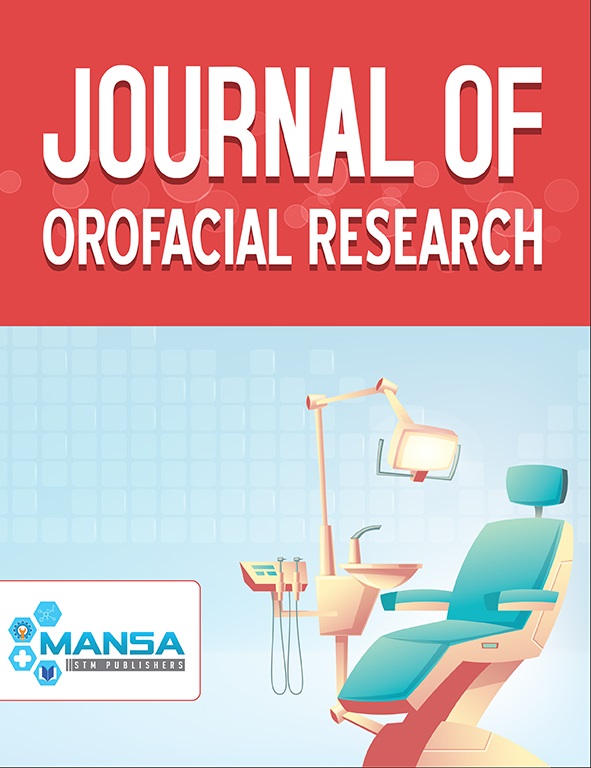Evaluation of Compressive Strength for a Combination of Glass Ionomer Cement and Antibiotics
Keywords:
Atraumatic restorative technique, Glass ionomer cement, Ciprofloxacin, Cefuroxime, Metrogyl, Cetrimide.Abstract
Aims and objectives: Since atraumatic restorative treatment (ART) involves removal of carious lesions with manual instruments, there are more chances of residual bacteria under
the glass ionomer restoration which might lead to secondary caries. Hence improving the antibacterial effect of glass ionomer cement helps in achieving better success rate. This study aimed to evaluate the compressive strength of glass ionomer cement containing different antibiotics. Materials and methods: Conventional restorative glass ionomer cement (Fuji IX) was used as control group. The experimental groups used were as follows: group 1: (Ciprofloxacin 50 mg + Cefuroxime 50 mg + metrogyl 50 mg) + GIC 9850 mg. Group 2: (ciprofloxacin 100 mg + cefuroxime 100 mg + metrogyl 100 mg) + GIC 9700 mg. Group 3: cetrimide 100 mg + GIC 9900 mg. Group 4: cetrimide 200 mg + GIC 9800 mg. Cylindrical specimens of dimensions 6 mm of length and 5 mm in diameter were prepared. The specimens were subjected to compressive loading using Instron universal testing machine at a crosshead speed of 1 mm/minute. Results: The experimental groups showed lower compressive strength when compared to the control group. No significant difference was found between control group and group 1. The compressive strength of groups 2, 3 and 4 was significantly less when compared to control group and group 1.

